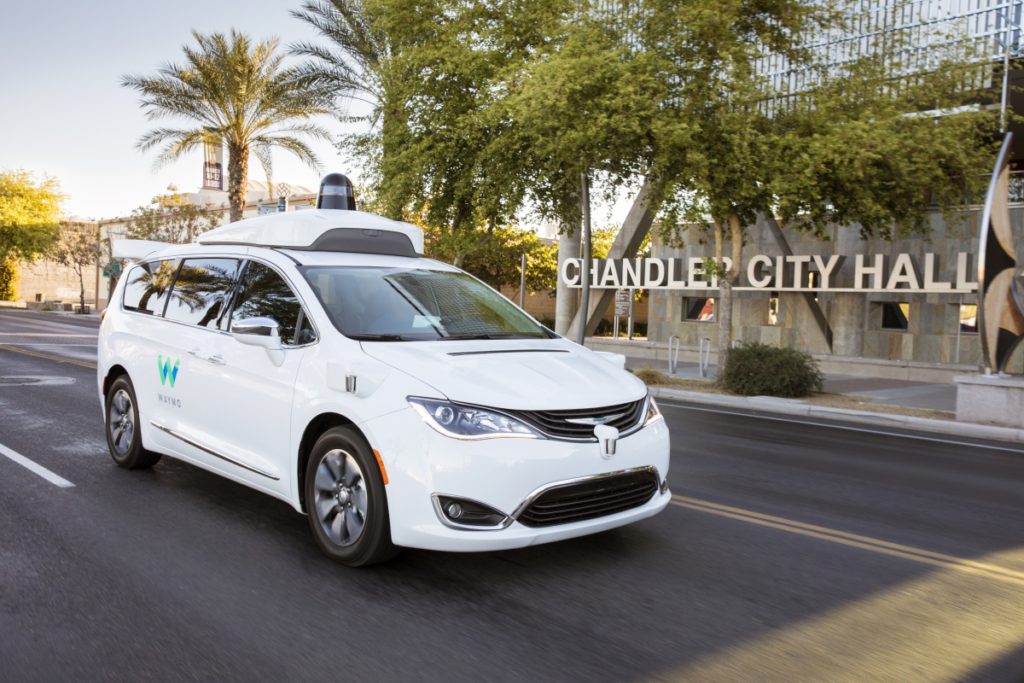Self-driving data made freely available for research
22 August 2019

Self-driving data made freely available for research
22 August 2019
Waymo has announced that it would make its autonomous trial data freely available to researchers in a bid to speed up adoption of the technology.
The company hopes the release will speed up research into driverless vehicle systems by adding to the body of data that research institutions and academics can draw upon. The set includes information from a variety of different areas of autonomous technology, and by making it available, Waymo will be able to cut down research time for itself and those investigating the technology.
′[The dataset] is comprised of high-resolution sensor data collected by Waymo self-driving vehicles. It covers a wide variety of environments, from dense urban centres to suburban landscapes, as well as data collected during day and night, at dawn and dusk, in sunshine and rain,' the company stated.
The release contains data from 1,000 driving segments. Each segment captures 20 seconds of continuous driving, corresponding to 200,000 frames at 10 Hz per sensor. Such continuous footage allows researchers to develop models to track and predict the behaviour of other road users.
The dataset also includes lidar frames and images with vehicles, pedestrians, cyclists, and signage carefully labelled, capturing a total of 12 million 3D labels and 1.2 million 2D labels.
′When it comes to research in machine learning, having access to data can turn an idea into a real innovation,' the company continues. ′This data has the potential to help researchers make advances in 2D and 3D perception, and progress in areas such as domain adaptation, scene understanding and behaviour prediction.'
Call for help
While the company wants its dataset release to be seen as beneficial to the wider industry, some believe that the company has run into a dead-end with its research and needs the help of others to continue.
In a briefing to journalists, Drago Anguelov, Waymo's head of research, pushed back against the idea that the release was a concession. ′It's not an admission, in any way, that we have problems solving these issues,' he said. ′We felt that the field was currently hampered by a lack of suitable data sets,' the Financial Times reports.
The call for academic help comes as many experts start to rein in expectations of when driverless vehicle technology will become a reality. Cruise, the self-driving group owned by General Motors, last month postponed a rollout of the ride-hailing service it had expected to begin this year, saying more testing was required.
Meanwhile, Intel and ten industry leaders recently published a joint framework for the design and validation of autonomous vehicles. This was seen as a bid to establish safety standards following high-profile fatal accidents involving Tesla and Uber vehicles equipped with self-driving technology, which it is believed set the industry back in its research timeline.